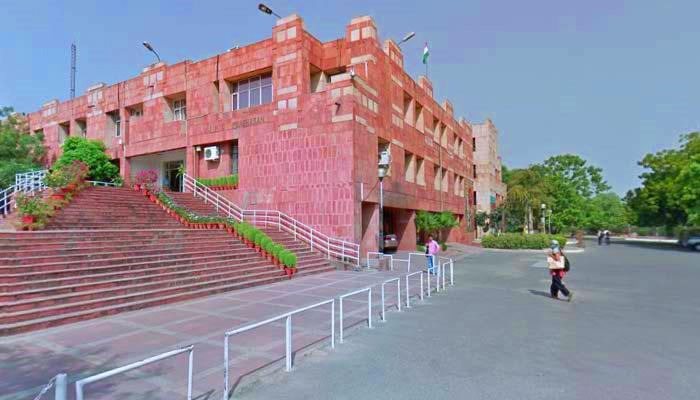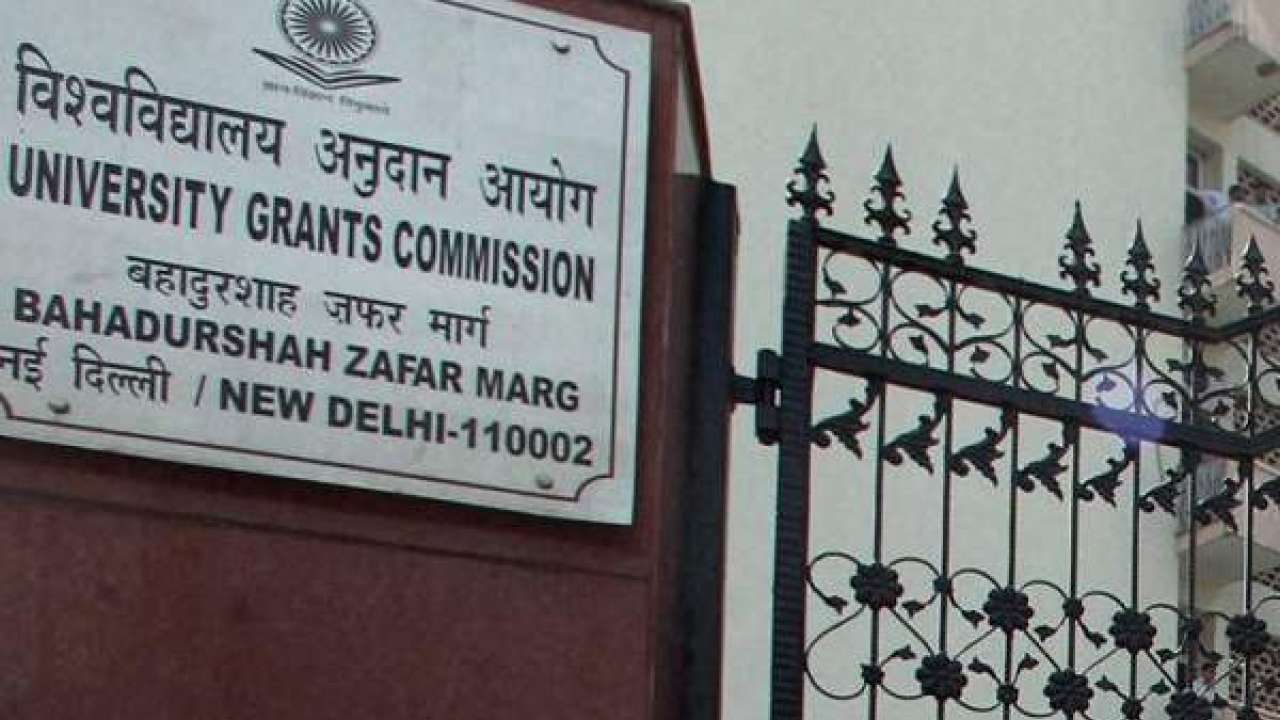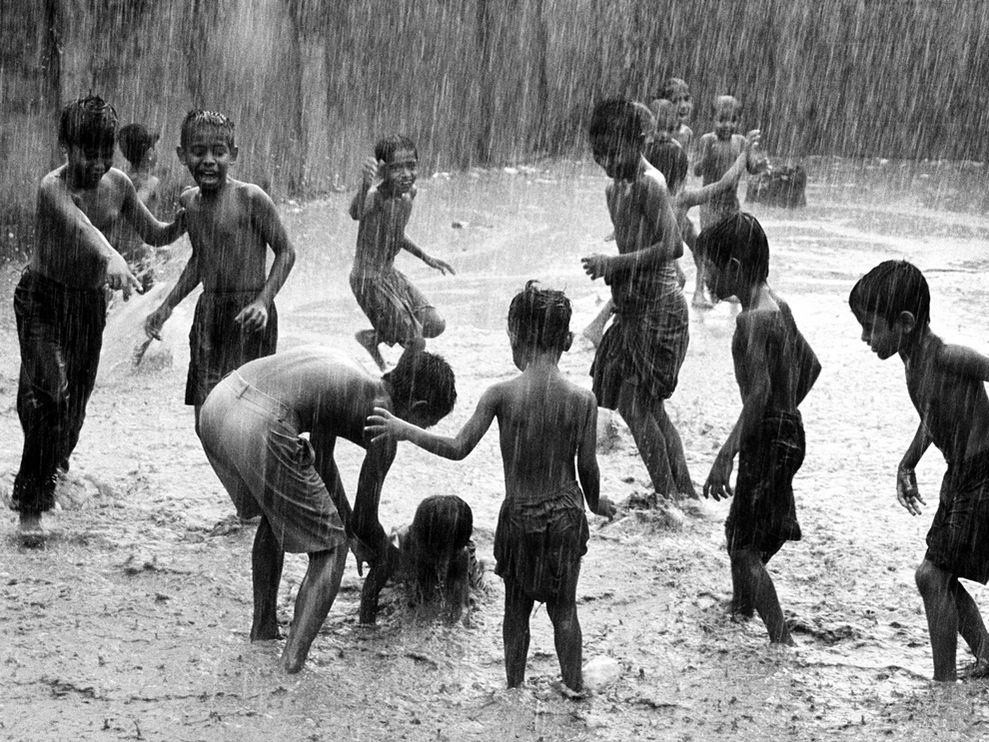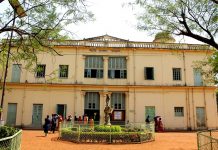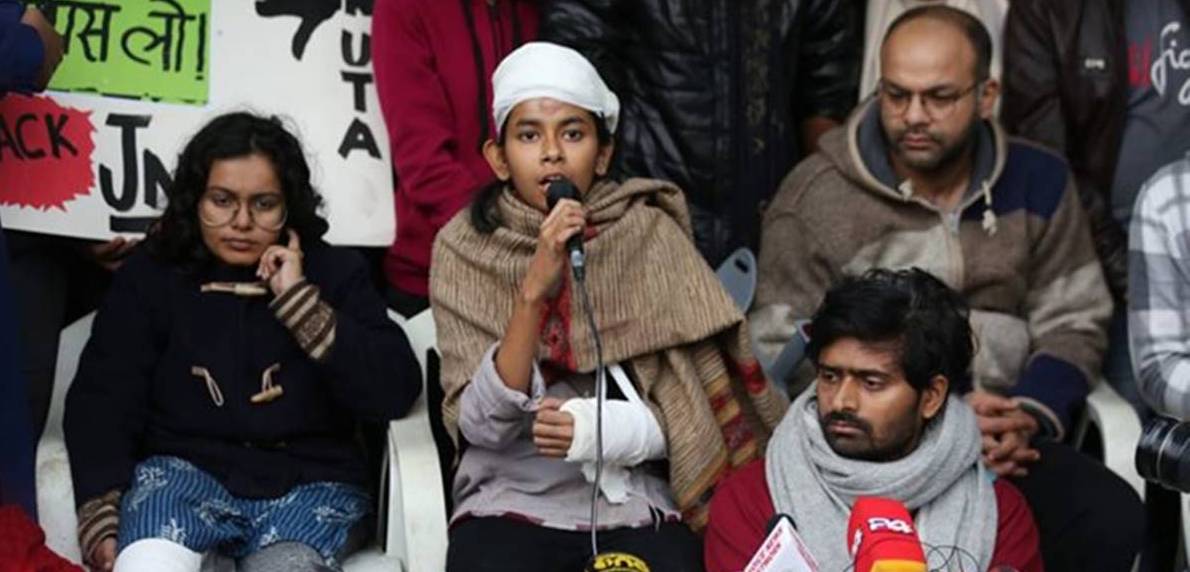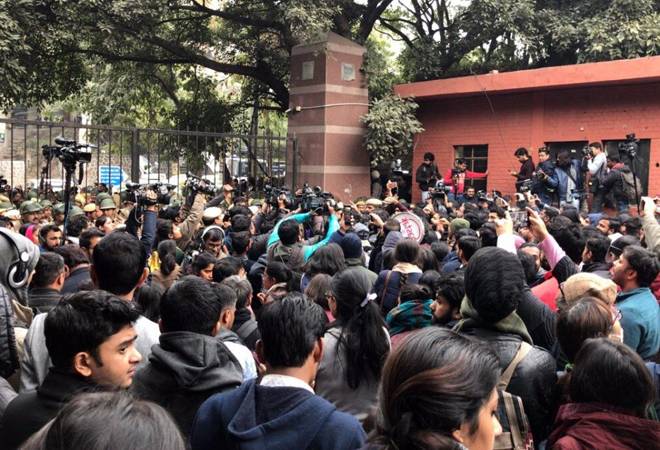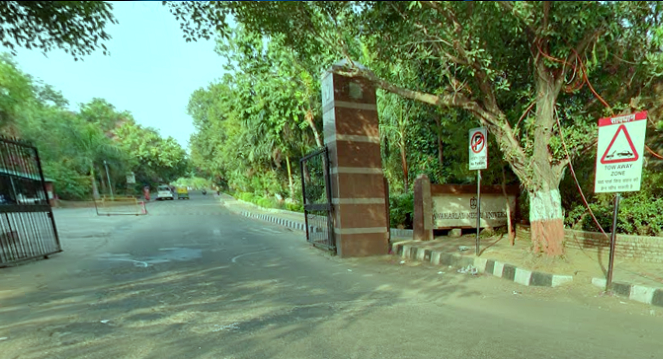In this brief note based on the lecture delivered at a convention organized by the JNUTA on November 28, the author has reflected on a set of socio-political and pedagogic reasons for the crisis confronting the sphere of higher education in India.
Avijit Pathak is a Professor of Sociology at JNU, New Delhi.
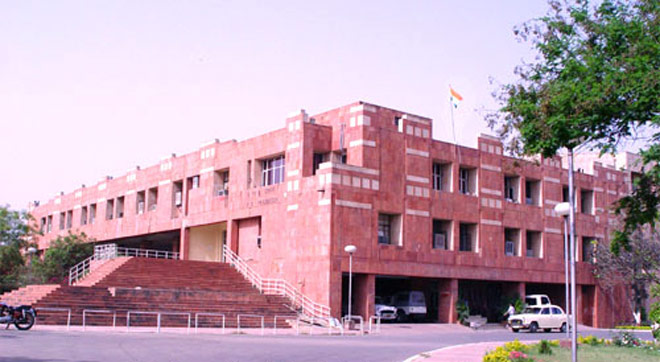
Even though my anguish cannot be separated from my own location, and the crisis that my university has been experiencing for quite some, I want to go beyond the specificity of the context, and raise three key issues – very briefly and sharply – affecting severely the culture of higher education in our times.
To begin with, I would argue that the emphasis on’skills’ in isolation disrupts the idea of a university as a confluence of ideas, plurality of epistemology and knowledge traditions emanating from foundational sciences, liberal arts, humanities and social sciences. As the market with its purely instrumental rationality invades the domain of education, ‘skill’ learning becomes the new mantra of the neoliberal era. Well, skills (be it the skill of a heart surgeon or a cook) are not unimportant; to live in the world is to activate these skills repeatedly in diverse sites of work.
However, the way skills are defined, packaged and commodified is problematic. Essentially, in the name of market- induced utility, skills are dissociated from larger ethical/political/social/historical questions. Am I learning hotel management only to work in a five star hotel? Am I learning architecture only to join a mega real estate company? For whom are these skills applied? Do these skills serve the larger society, or fulfil merely the interests of the corporate? If you ask these questions, you are bound to enter the world of political economy, social capital and cultural history. This means that meaningful engineering cannot be separated from theoretical physics, a couse on tourism cannot be dissociated from history, architecture cannot be differentiated from the sociology of urban space and urban designing , and even bio-medicine needs a profound engagement with theology, religiosity and reflections on body and death. This is what a university, unlike a purely technical institution, is expected to perform.
However, if we lose this connection, or the ability to unite liberal and vocational education, and sell only the skills for the market (which many private universities, barring the exceptions, are doing)–and this seems to be the dominant discourse of education these days–, the idea of a university is lost; it becomes an education shop; a teacher becomes a trader of skills; and a student becomes a consumer of the product.
My second point is about the growth of what I regard as the market-friendly/ consumptionist middle class; this class – obsessed with security and career – demands a ‘politics free campus’; and it further accelerates the process of the fall of the idea of a university as a site of critical thinking, engaged social practice and enriched political sensibility. Politics, for this class, is a ‘deviance’, a diversion, a disturbance.
What matters is only a ‘super-hygienic’ campus – nice building, fancy cafeteria, ‘global’ exchange programme, sponsored cultural spectacles and ‘placement cells’ promising a good salary package. Hence, if students and teachers raise critical questions relating to the practice of power, distribution of wealth and other issues of larger public interest – be it environmental destruction or farmers’ suicide, universities would be condemned as ‘troubled’ universities. In fact, these days, the ruling establishment (and some media houses known for the dissemination of what I would regard as manipulated public opinion) would often stigmatize these ‘troubled’ public universities as ‘anti-national’. And in the imagination of the metropolitan/affluent class, politically charged/troubled public universities are often contrasted with smooth, peaceful, politics-free private universities as islands of privilege.
And finally, my third point refers to the new management discourse of the neoliberal era that has invaded the educational institutions. Pedagogues are disappearing; and techno-managers are controlling the university space. This is a severe blow to critical pedagogy–a culture of debate and dialogue, the autonomy of the teacher, the spirit of trust between the teacher and the taught, and the activation of reflexivity as part of learning and unlearning. Instead, everything has to be measured, classified, recorded, and reduced into some sort of quantifiable index–say, the bio-metric attendance system, the number of hours students meet their supervisors, the popularization of the standardized online MCQ pattern of exam, irrespective of the nature of academic disciplines. And techno-managers, unlike critical pedagogues, love the technologies of surveillance. Hence, the teachers and students have to be continually observed, hierarchized, disciplined and normalized. A university has to be transformed into an efficient machine filled with CCTV cameras, security guards and all sorts of ‘registers’ for recording every activity of a researcher or a teacher.
In this limited time I have tried my best to raise these three issues briefly with a hope that it would generate some kind of debate. And only when we ask new questions is it possible for us to resist this organized attack on the very idea of a university; and I do believe that JNU can’t be saved in isolation; to save JNU is to save the very idea of a university and critical pedagogy ; this means the ability to see beyond merely the market-driven instrumental rationality or the dominant ideology of nationalism. , and strive for hermeneutic and emancipatory pursuits.
It is not an easy task. But then, you and I have to try and fight our battles.

